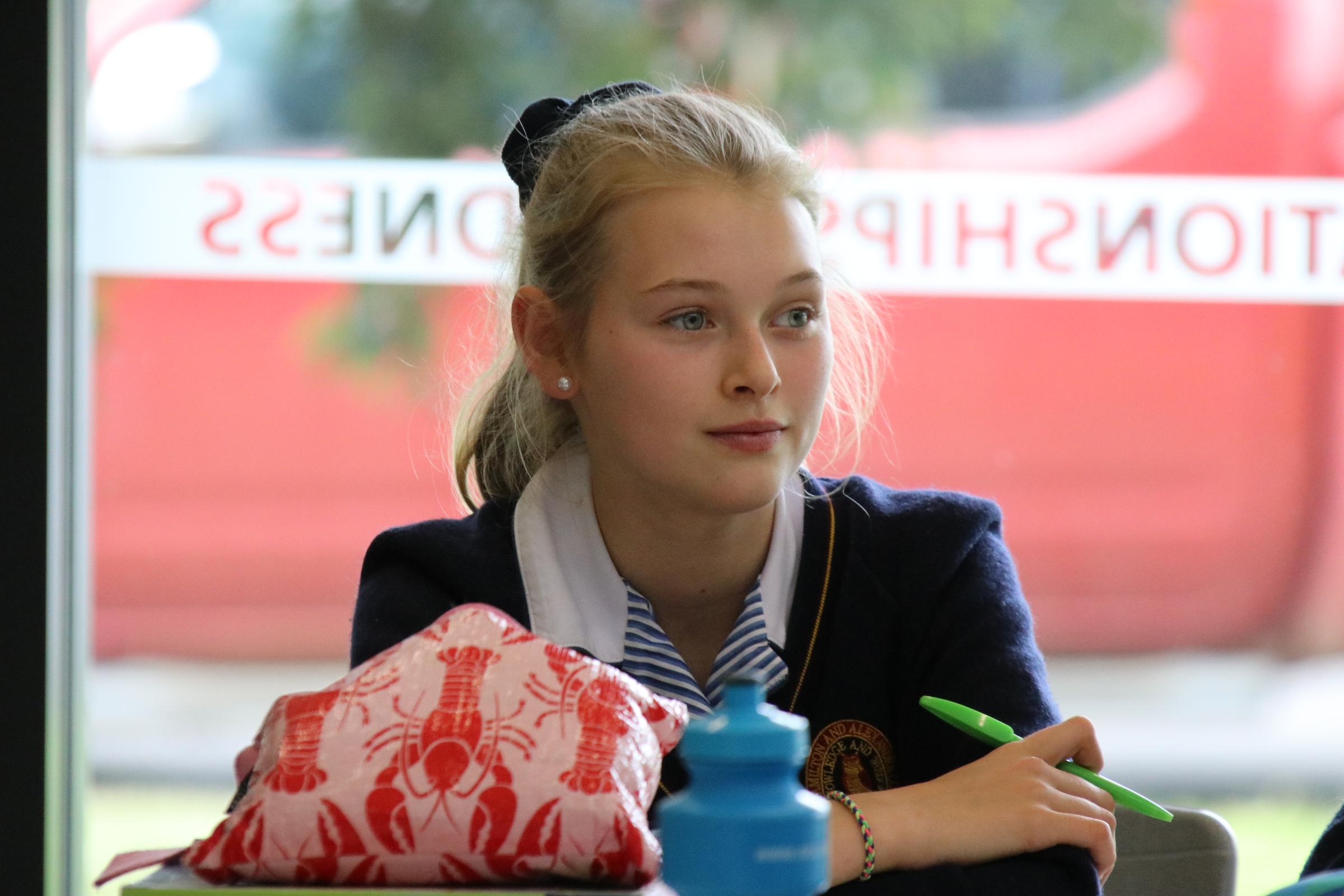Middle Years

Recently I can across a podcast talking about mental toughness. The concept of mental toughness is clearly linked to being resilient. Mental Toughness is a combination of resilience and confidence. When I was reading about mental toughness, I realised that the ideas were fostered in my family and my schooling when I was growing up; we were all expected to have a degree of mental toughness.
The core areas are:
- That we all sit somewhere on a continuum from mental sensitivity through to mental toughness.
- Mental toughness refers to how we deal with difficult situations, handle pressure and perform under stress.
- It is not a ‘macho’ concept and is gender neutral. It is not about winning.
- Mental toughness is about being the best you can be, it is about optimizing your skills and abilities when under stress.
- The key to developing mental toughness is being self-aware and having inner self belief.
- We can incrementally develop mental toughness, and the skills we develop are enduring.
The 4 Cs of Mental Toughness are:
Control – Control means having a sense of self-worth and describes the extent to which a person feels in control of their life and their circumstances. Also, importantly, it describes the extent to which they can control the display of their emotions. A Mentally Tough person with high control will usually just “get on with it” irrespective of how they feel and work through emotionally charged situations without seemingly being distracted or derailed. This ‘calm’ and positive approach can also often lift the spirits of those around them.
Commitment – Commitment is about goal orientation and ‘stickability’ and describes the extent to which someone is prepared to set goals and make measurable promises that, once made, they will work hard to deliver on. A mentally tough person with high commitment can usually be relied upon to set goals and targets and do what they need to do to achieve them.
Control and Commitment taken together are what most people mean when they think of resilience and they are indeed a solid response to adversity. But resilience is largely a passive quality and is only one part of mental toughness.
Challenge – Challenge describes the extent to which the individual will push back their boundaries, embrace change and accept risk. It’s also about how they see all outcomes – good and bad. Mentally Tough people with a high ‘Challenge’ score view challenges, change and adversity as opportunities rather than threats and will relish the chance to learn and grow in the new and hitherto unknown situation. Someone whose challenge score is high will typically enjoy new places, new people, innovation and creativity and become quickly bored by routine.
Confidence – Confidence completes the picture and describes the self-belief an individual has in their own abilities and the interpersonal confidence they possess to influence others and deal with conflict and challenge. When faced with a challenge, mentally tough people scoring high in confidence will possess the self-belief to deal with the situation and the inner strength to stand their ground when needed. Their confidence enables them to represent their view boldly and be comfortable in handling objections.
Here is the link if you are interested - Talking about Mental Toughness podcast
https://www.podbean.com/ew/pb-jyzgy-c0f940
Mental Toughness in Education
https://www.mentaltoughness.partners/mental-toughness-education-sector/
I am interested in your thoughts on this, and wonder if we need to be talking about how our children to develop their mental toughness skills.
Julia Winter Cooke
